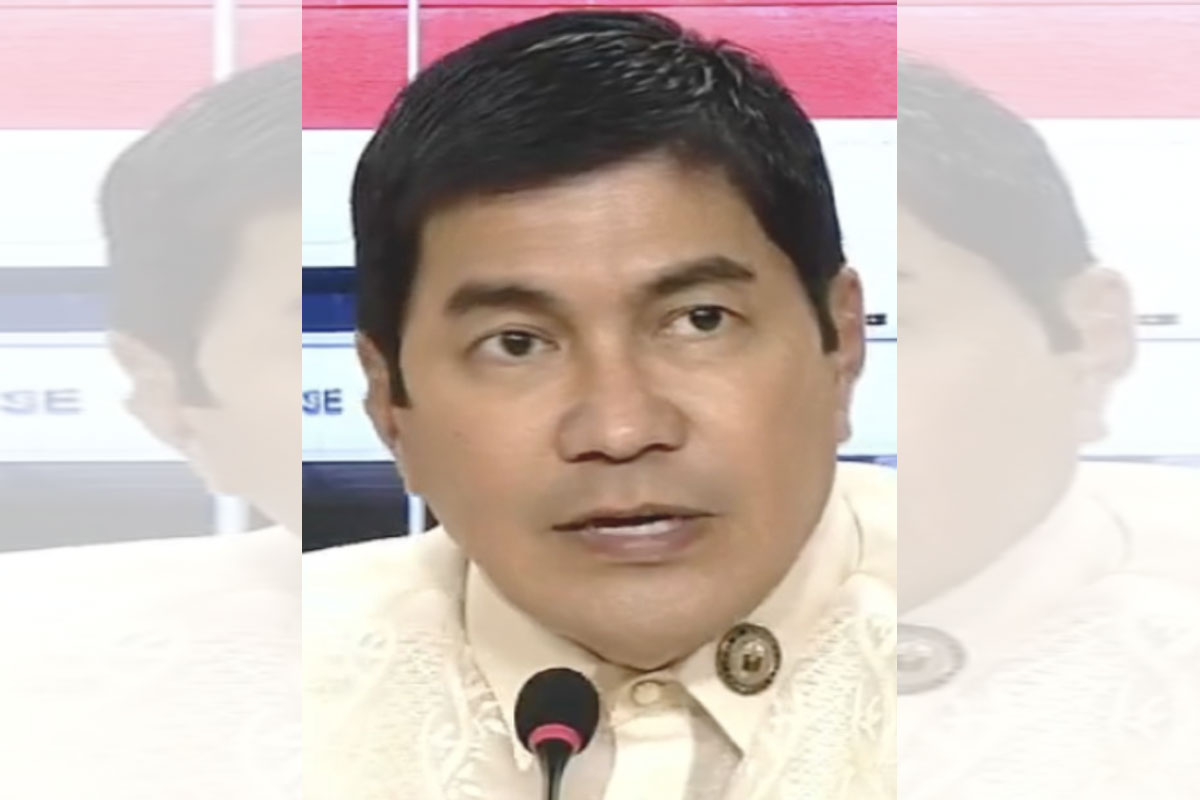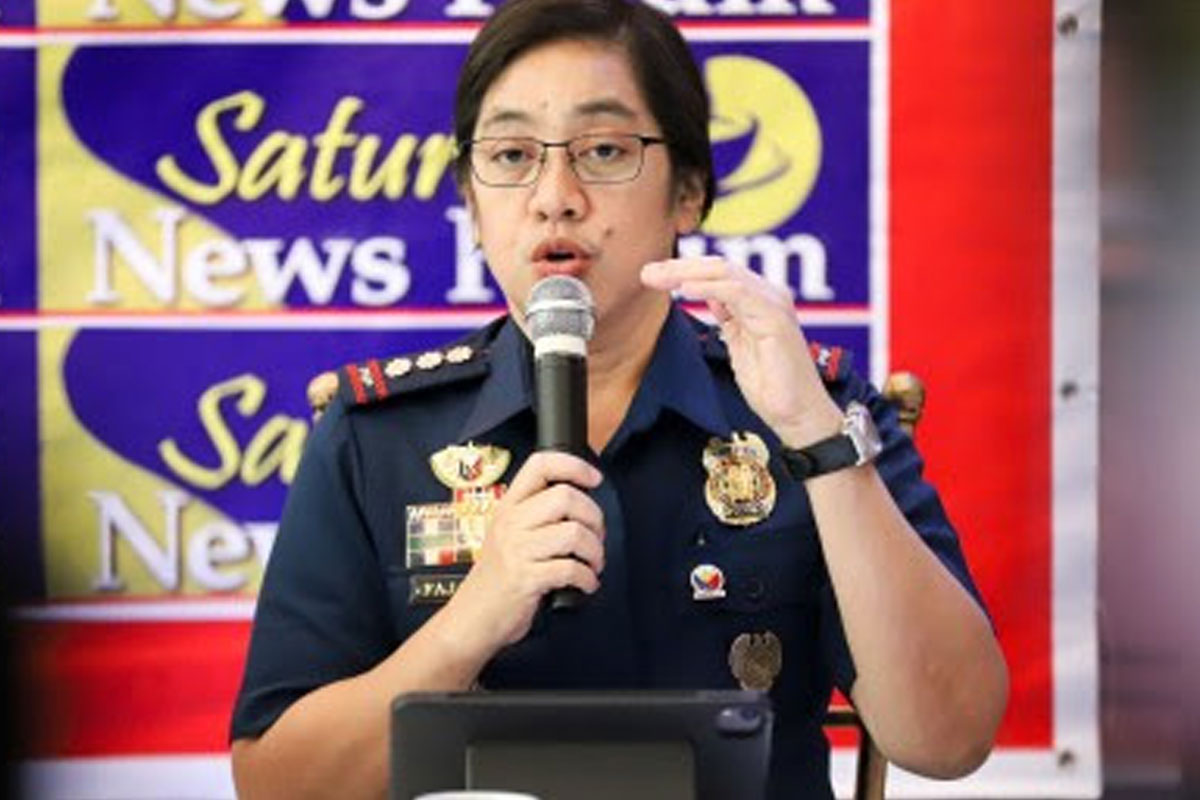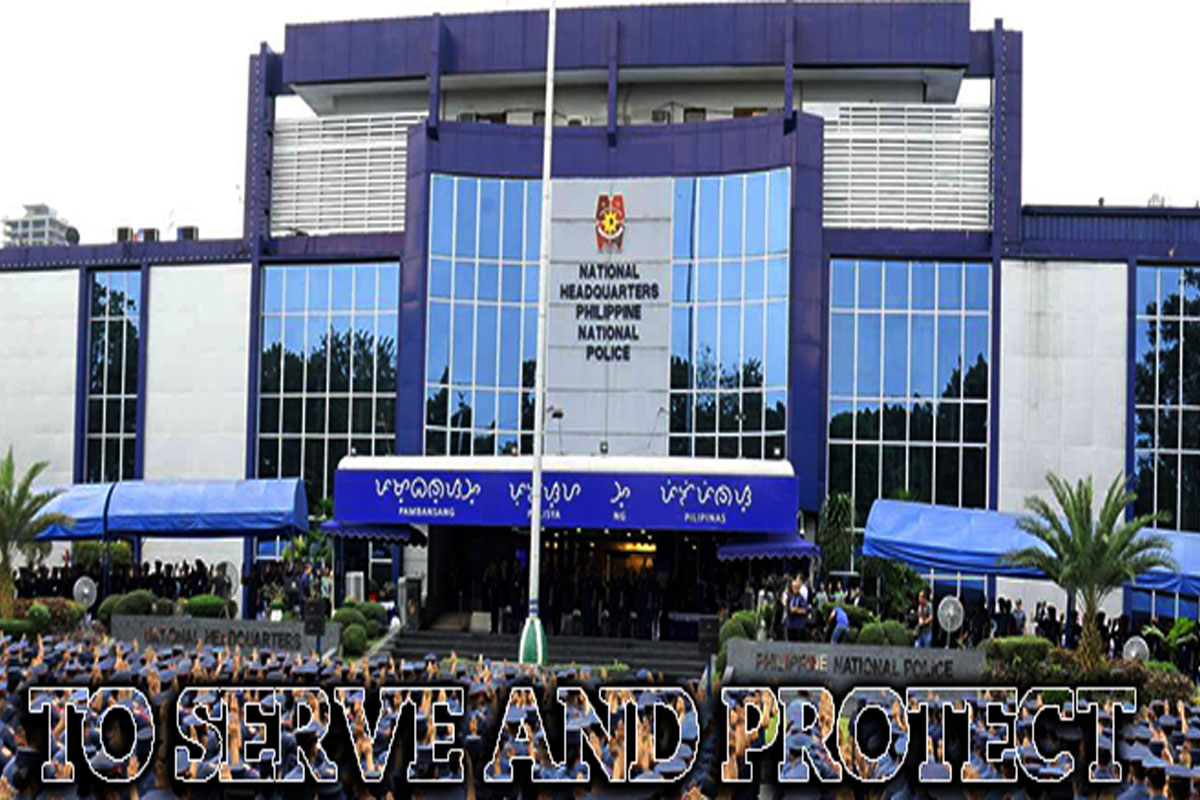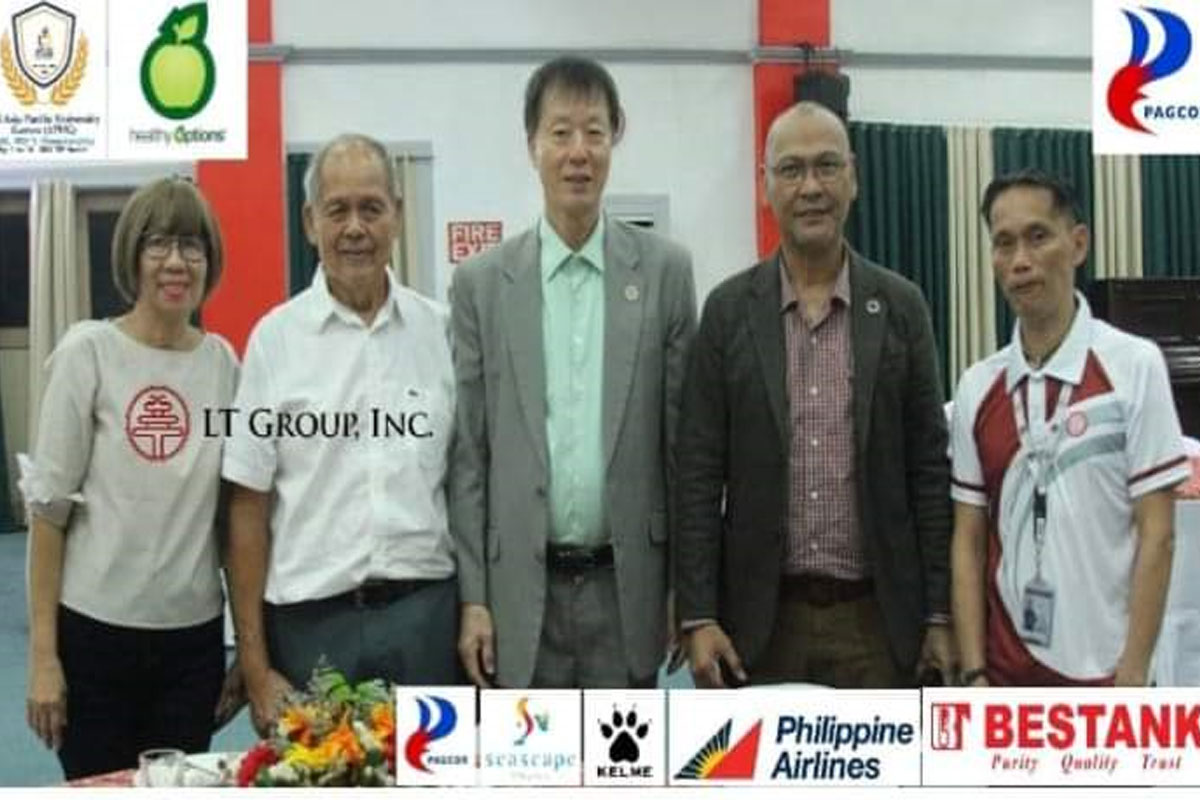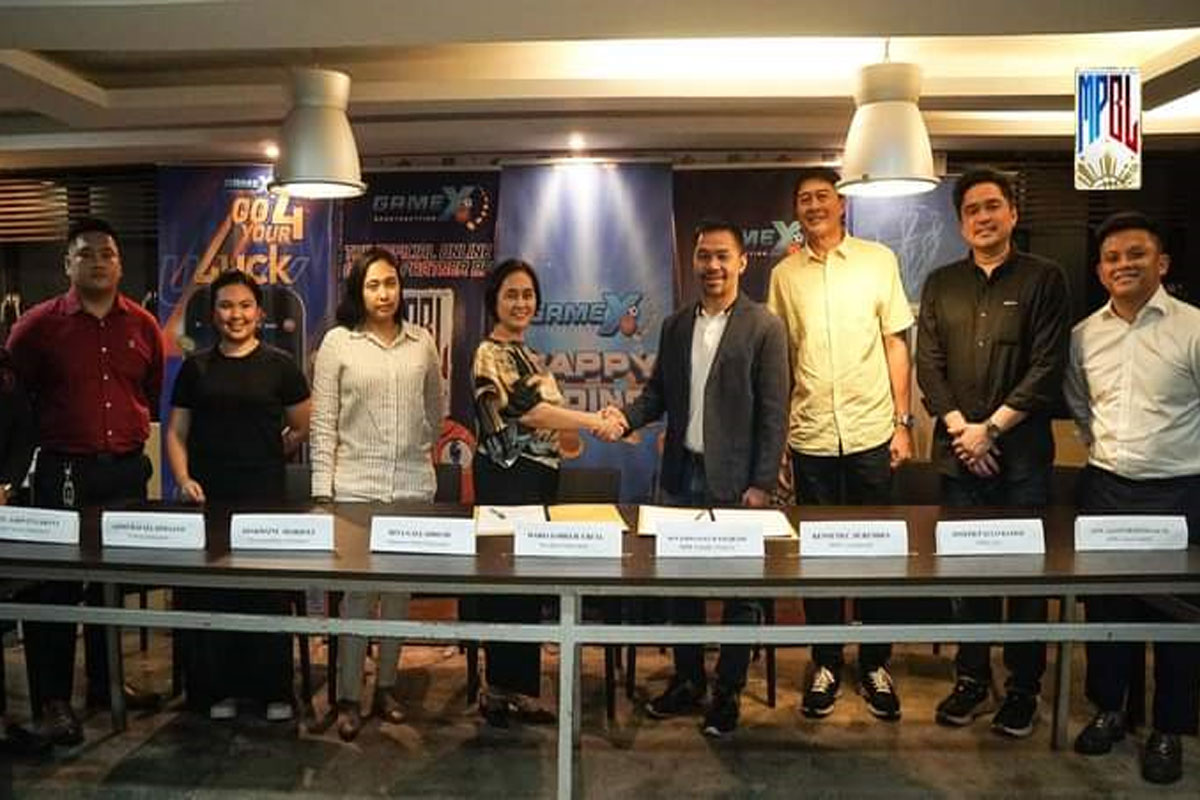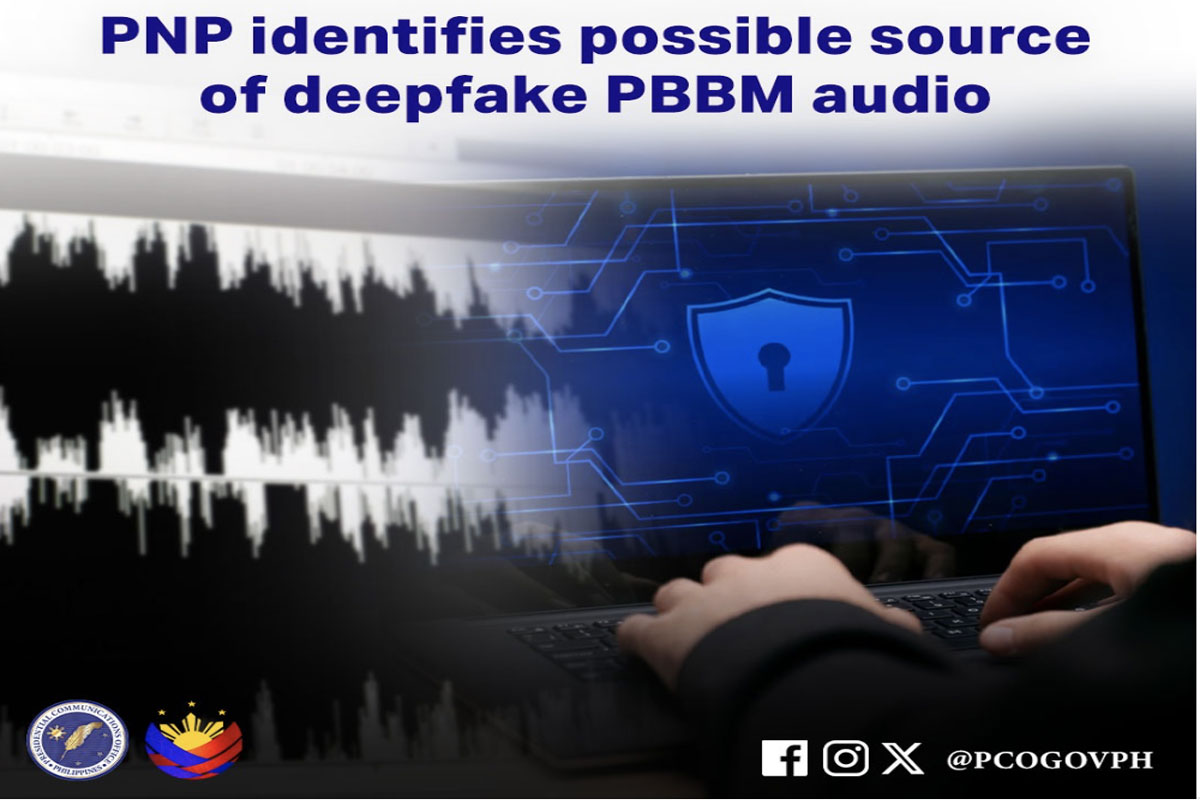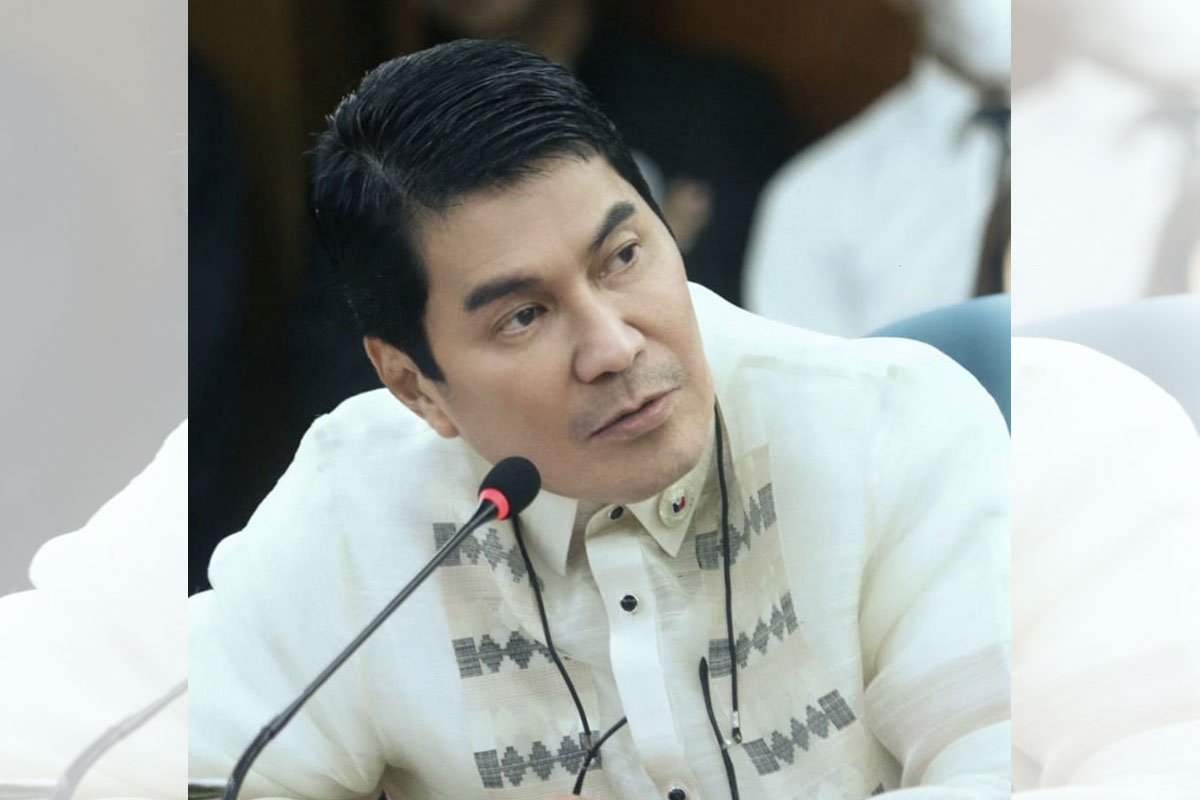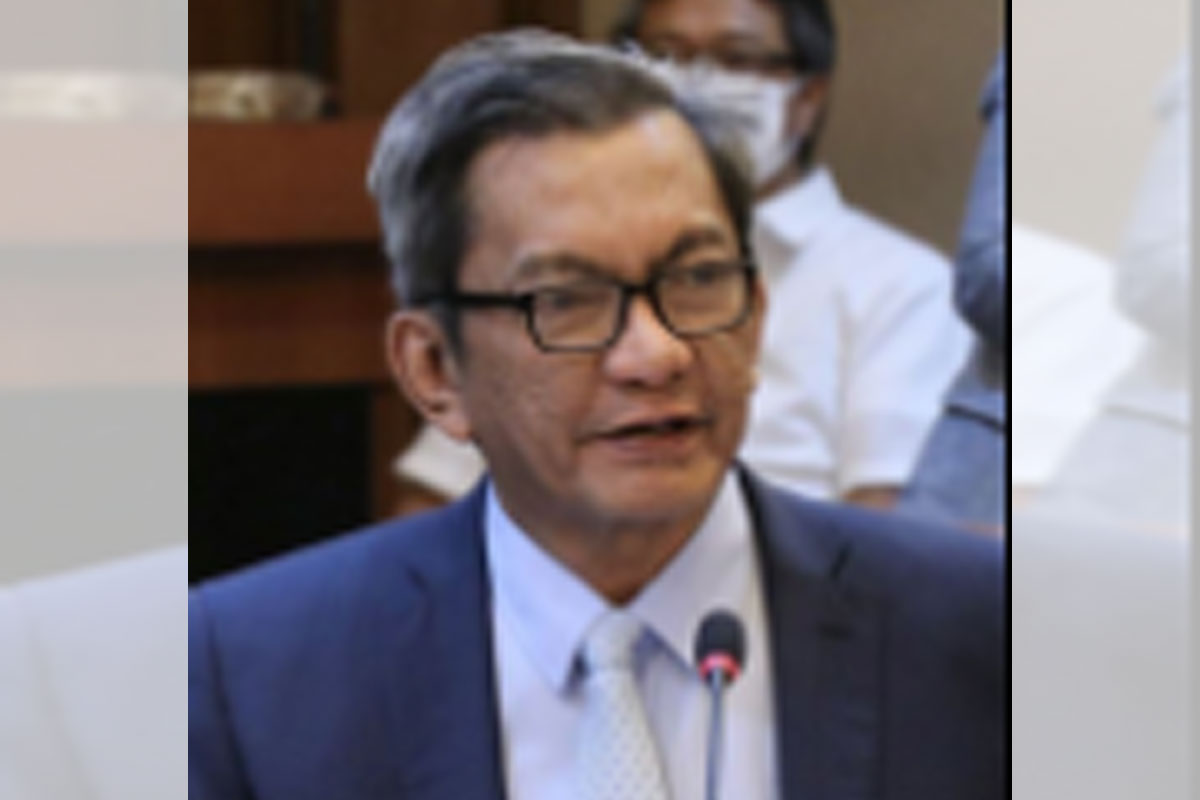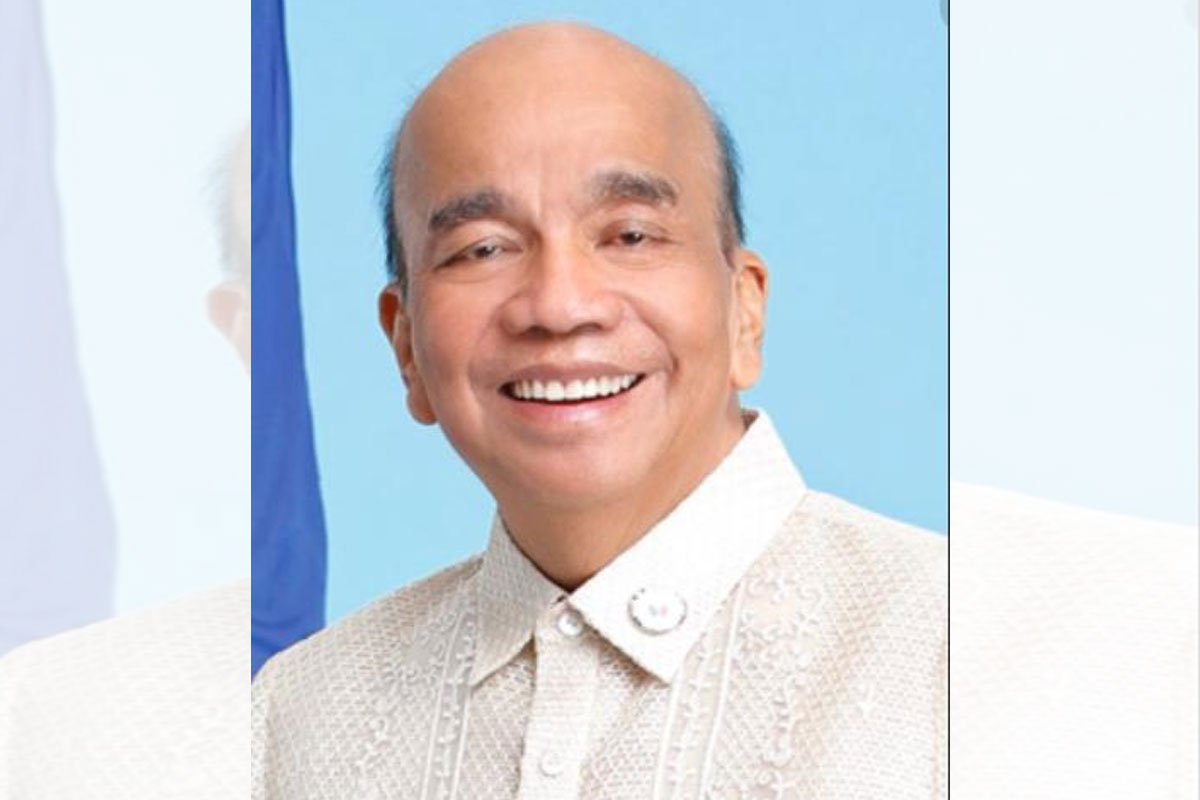
Barzaga backs pre-shipping inspections to curb smuggling
CAVITE Rep. Elpidio Barzaga Jr. on Sunday welcomed the recommendation of Swiss company Société Générale de Surveillance SA (SGS) to conduct pre-shipping inspections to stop the smuggling of agricultural goods, saying it was an effective practice that was first adopted under the administration of President Ferdinand “Bongbong” R. Marcos Jr.’s father.
“This proposal bodes well for President Bongbong’s administration because it yielded positive results in the past under the first Marcos administration,” said Barzaga, a CPA-lawyer.
The President last Thursday met with SGS officials, led by vice president George Bottomley and local managing director Cresenciano Maramot, and discussed the proposal to expand its services to include agricultural products since the SGS is only inspecting fuel imports.
Marcos has vowed to study the proposal and do a cost analysis just to be sure that no burden would be passed on to consumers once the government accepts SGS’ services.
Barzaga, who chairs the House committee on natural resources, lauded the President’s move to consider seeking SGS’ services, saying it shows the government’s seriousness in fighting smuggling, especially of agricultural imports.
“That’s a good move. It makes a lot of sense because there will practically be no interference from the Bureau of Customs anymore. Kung halimbawa ang shipment galing sa China, sa China pa lang ini-inspeksyon na ng SGS bago isakay, saka bibigyan ng clearance, kaya pagdating dito sa Pilipinas wala na, release na lang ng release,” said the senior lawmaker.
The Department of Finance and the World Bank awarded a five-year contract to SGS in the last days of the first Marcos administration for the Comprehensive Import Supervision Scheme (CISS) at the BOC.
The SGS was then authorized to conduct pre-shipment cargo inspections at the ports of origin since the company was in charge of the valuation, classification and the release of clearance for all imports.
The practice continued during the first Aquino administration and the Ramos presidency but the contract was eventually canceled by the Estrada administration because of allegations of corruption that hounded the Economic Intelligence and Investigation Bureau (EIIB), which was tasked then to monitor SGS.
It was reported that from 1987 to 1998, SGS-CISS was able to increase customs collection at an average rate of 30.1 percent.
The Presidential Communications Office (PCO) earlier cited the UN Commodity Trade data for the Philippines which showed a 20.48 percent discrepancy in the reported values of agricultural imports from 2010 to 2021, resulting in revenue losses for the government.
For vegetables, roots, and tubers, the discrepancy was 34.74 percent while for swine meat (fresh, chilled, or frozen), the discrepancy was 1.89 percent.
The PCO said conducting pre-shipment inspection (PSI) and conformity assessment procedures would ensure that the quantity and other specifications of the goods conform with sanitary and phytosanitary import permits and test the presence of diseases, among others.
SGS claims it would address smuggling and contain the spread of diseases such as African Swine Fever and Avian Flu, clarifying also that inspection and testing fees would be paid for by the exporter.
Under the arrangement, SGS will create a digital invoice in a standardized format prescribed by the authorities on an online government platform for registered or authenticated agricultural exporters, sellers and suppliers.
The invoices would be available in real-time to the Department of Agriculture (DA), Bureau of Internal Revenue (BIR), and Bureau of Customs (BOC), which, according to SGS, would deter importers from manipulating or falsifying invoices and, instead, increase tax compliance, and enable cross-agency trade data reconciliation.


